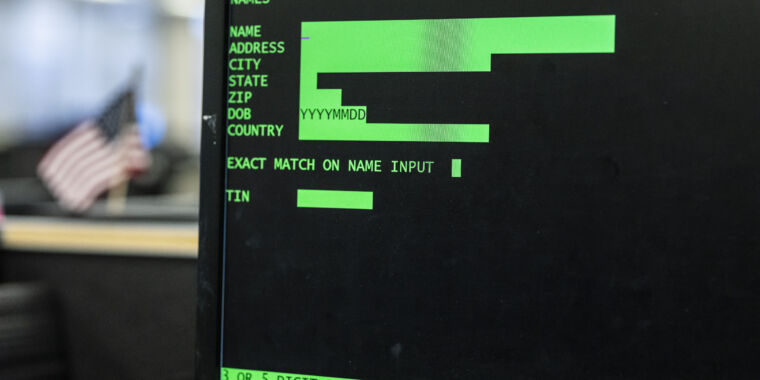I have a hunch the entire financial system secretly runs on COBOL
It’s not a secret. Those are highly coveted, high paying programming jobs.
I’ve heard crazy stories about people getting an annual salary for very few days work a year
“secretly”
I remember the UK govt asking the banking industry if their systems could handle negative interest rates. Was a hard no, lol.
I’ve worked at many financial institutions and government agencies, and they all have extremely old mainframe systems running COBOL. Every time the executives bolster “We’re finally going to move off of this old system and modernize”, I show them the price and they scamper off into their back rooms to whine about profit margins. It’s always fun when something does go wrong with those systems and they go through the cycle all over again, but now it’s even more expensive to fix
tbh refactoring (if it can be done safely) could be a huge help to orgs and fantastic AI use case. Rarely do businesses want to spend the resources to improve a codebase. Hope it goes well for IBM.
How can you verify that it’s actually running safely? If you’d have a comprehensive testing framework in place, you wouldn’t need AI driven refactoring in the first place.
You could code review the commits it makes I suppose. Saves you having to think of how to refactor something but still makes it fairly easy to mitigate the AI doing something terribly wrong.
Is it? These code bases are often extremely fragile. There’s a reason hardly anybody works on them.
Okay so why do you add two here?
-“bleep bloop!”
Sigh
There goes my plan of getting a boomer from the nursing home and having him teach me COBOL
I could of gotten rich!
Cobol jobs are almost entirely outsourced now.
IBM, eager to keep those legacy functions on its Z mainframe systems, wants that code rewritten in Java
after years of “java is the new COBOL” jokes, here are hard news finally confirming it





